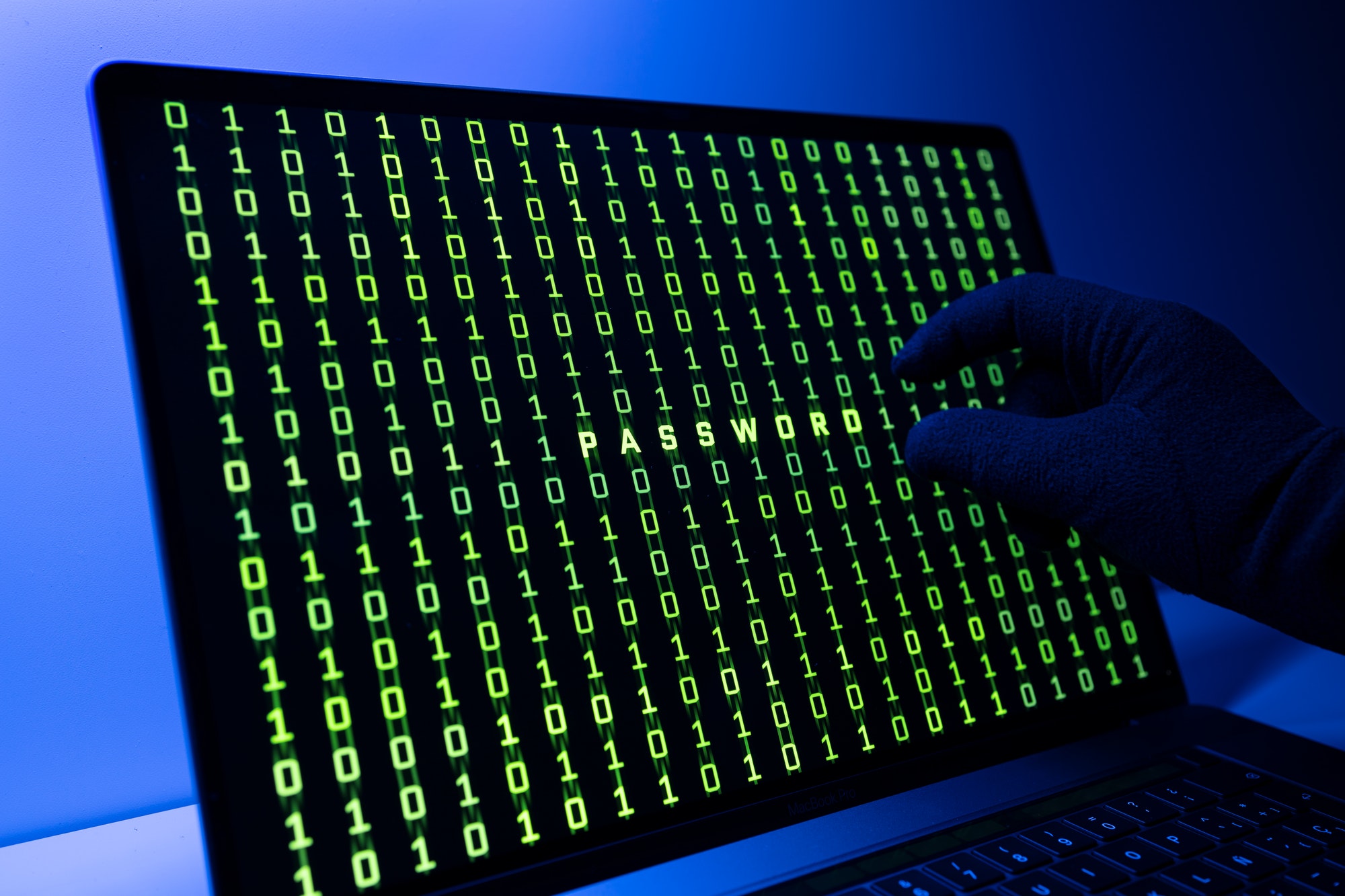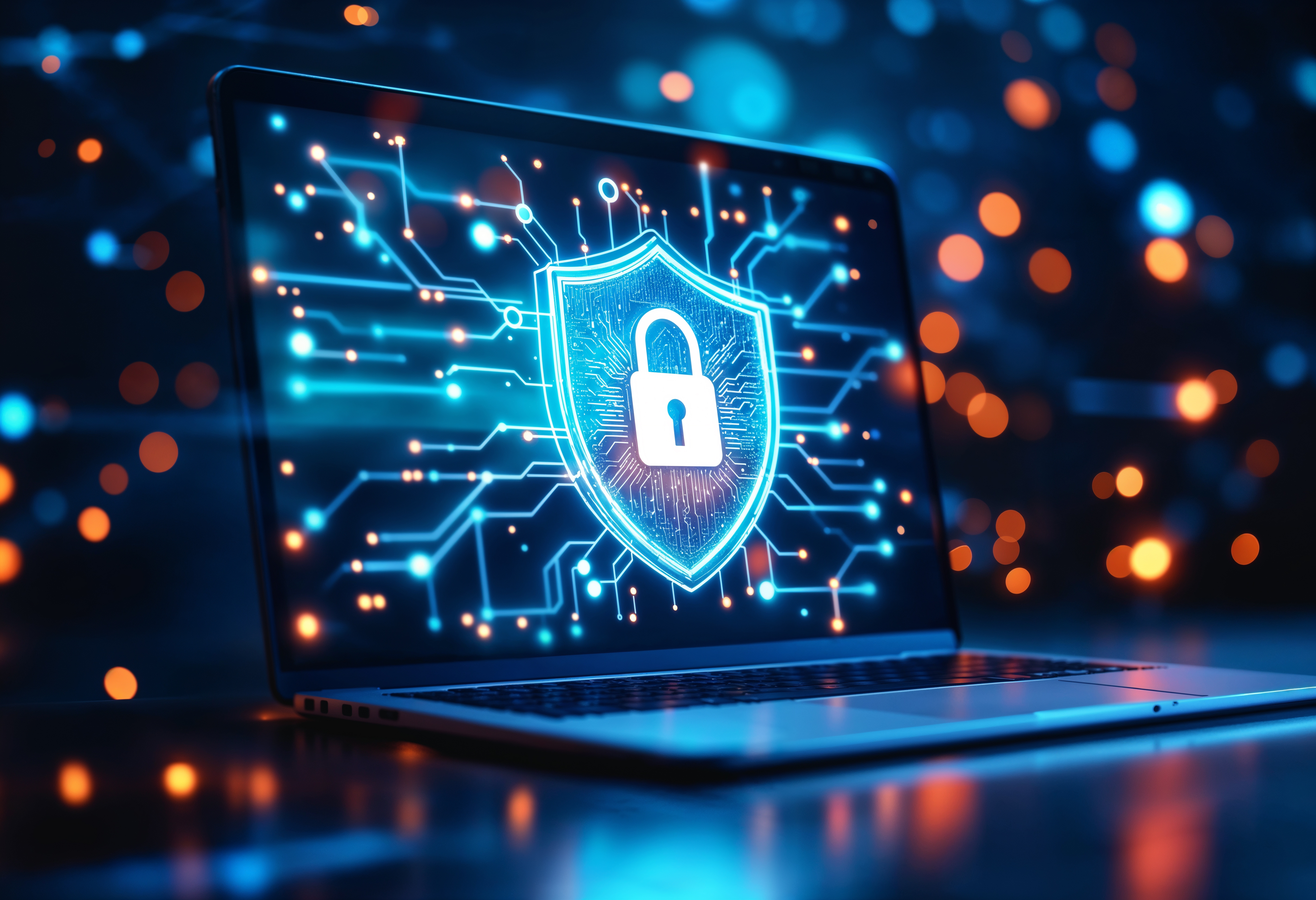Millions of Dell laptops faced a serious security risk due to a flaw in a Broadcom chip used for storing sensitive data. Cisco Talos researchers uncovered the vulnerability, which could have allowed attackers to steal passwords and monitor activity.
Dell confirmed over 100 laptop models were impacted, especially those with its ‘ControlVault’ security software used in sensitive industries. A fix has been issued through security patches since March.
No evidence suggests the flaw was exploited, but experts warn users to install updates promptly to avoid exposure. The issue highlights the risks of storing biometrics and credentials directly on devices.
Users are advised to keep security patches current and use reliable antivirus software to help reduce threats from similar vulnerabilities in future.
Would you like to learn more about AI, tech and digital diplomacy? If so, ask our Diplo chatbot!









